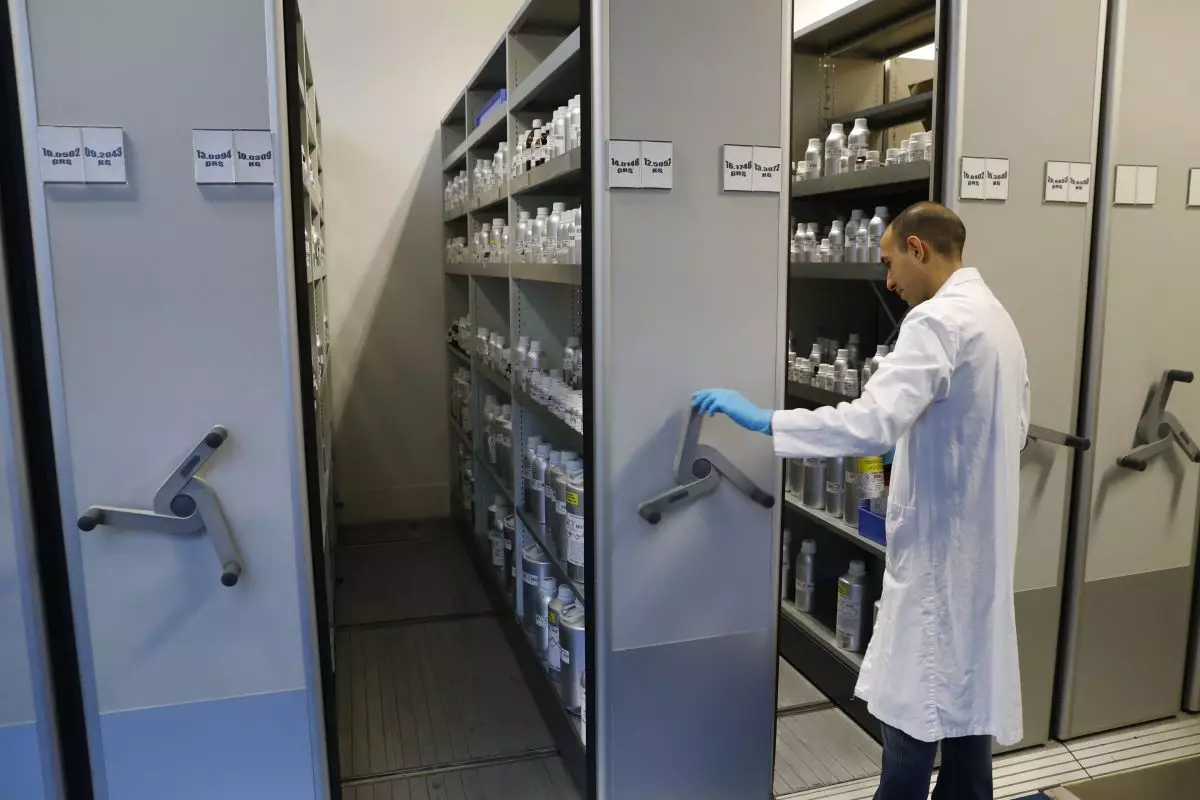The world of scientific research is experiencing a transformation, with generative AI increasingly becoming a cornerstone in the development of new solutions. Among the many areas impacted, chemistry stands out due to its experimental nature. Researchers often face hurdles during research and development, where trial and error can extend timelines and inflate costs. This evolving landscape has given rise to startups like Albert Invent, which harness their expertise in AI to pioneer advancements in chemical discovery.
Understanding Albert Invent’s Proposition
Albert Invent’s unique value proposition lies in its AI platform, Albert Breakthrough, which utilizes a wealth of historical data from chemical experiments. This tool provides chemists with the capability to analyze molecular-level information, facilitating a more efficient and streamlined process for formulating new chemicals. Founded by a team with a background in 3D printing, Albert Invent seeks to merge their experience in materials science with AI technologies to address prevalent challenges in chemistry.
The recent achievement of raising $22.5 million in a Series A funding round, under the lead of Coatue, illustrates the growing confidence investors have in the potential of AI to reshape scientific research. Companies such as Chemours and Henkel are already leveraging this platform to accelerate product development, underscoring its practical applications in real-world scenarios.
The foundation of Albert Breakthrough is a set of proprietary AI models trained on over 15 million chemical structures. Nick Talken, co-founder and CEO, emphasizes the importance of domain-specific data: “In this industry, you don’t want to just take the corpus of data on the internet.” By constructing their foundational model using curated public information in chemistry, Albert Invent aims to outperform existing industry benchmarks with real-time toxicology predictions and other advanced data analyses.
Unlike many startups that might rely on broad foundational models such as those developed by OpenAI, Albert Invent’s approach is specialized. While they sometimes integrate established AI models for auxiliary functionalities like chatbots, their core technology is distinctly tailored to chemical processes. This focus could potentially offer them a competitive edge as they cater specifically to the needs of chemical companies.
The founders of Albert Invent, which initially operated as a 3D printing firm, pivoted to the field of chemistry out of recognition for the limitations they observed in traditional research methods. Ken Kisner, Talken’s co-founder, has roots that trace back to a chemistry lab he set up in his backyard—a testament to their grassroots determination.
The journey from conception to spin-off is not uncommon in the tech industry, where innovations often emerge from existing companies. The decision to incubate Albert Invent within the infrastructure of a multinational corporation like Henkel showcases a strategic move to utilize resources and expertise in solving prominent challenges within the chemical domain. Following its governance as a startup, the company has received guidance and support from seasoned investors and partners.
As AI technology integrates into the fabric of chemical research, industry leaders believe that it will address pressing global challenges, spanning sustainability to advancements in personalized medicine. This influence is echoed in the statements from industry figures such as Johan Landfors, CTO of Nouryon, who acknowledges the critical role of the Albert Breakthrough platform in their product development efforts.
Albert Invent’s ongoing progress hints at a broader movement towards the utilization of AI in scientific fields that may historically have relied heavily on human intuition and experimentation. It suggests a shift where data-driven insights could lead to materials and solutions that significantly impact everyday life, driving home the potential for chemistry to solve extensive societal issues.
The emergence of AI-based platforms like Albert Breakthrough represents an exciting new chapter in the chemical sciences. As innovations continue to unfold, the partnership between human intelligence and artificial intelligence could redefine the boundaries of research capabilities, ultimately leading to more rapid and effective scientific advancements. For stakeholders in the industry—ranging from startups to established chemical companies—the challenge will be to navigate this dynamic landscape and harness these new tools effectively. As we survey this evolving landscape, it becomes clear that the next wave of innovation in chemistry is not only on the horizon but well underway.

